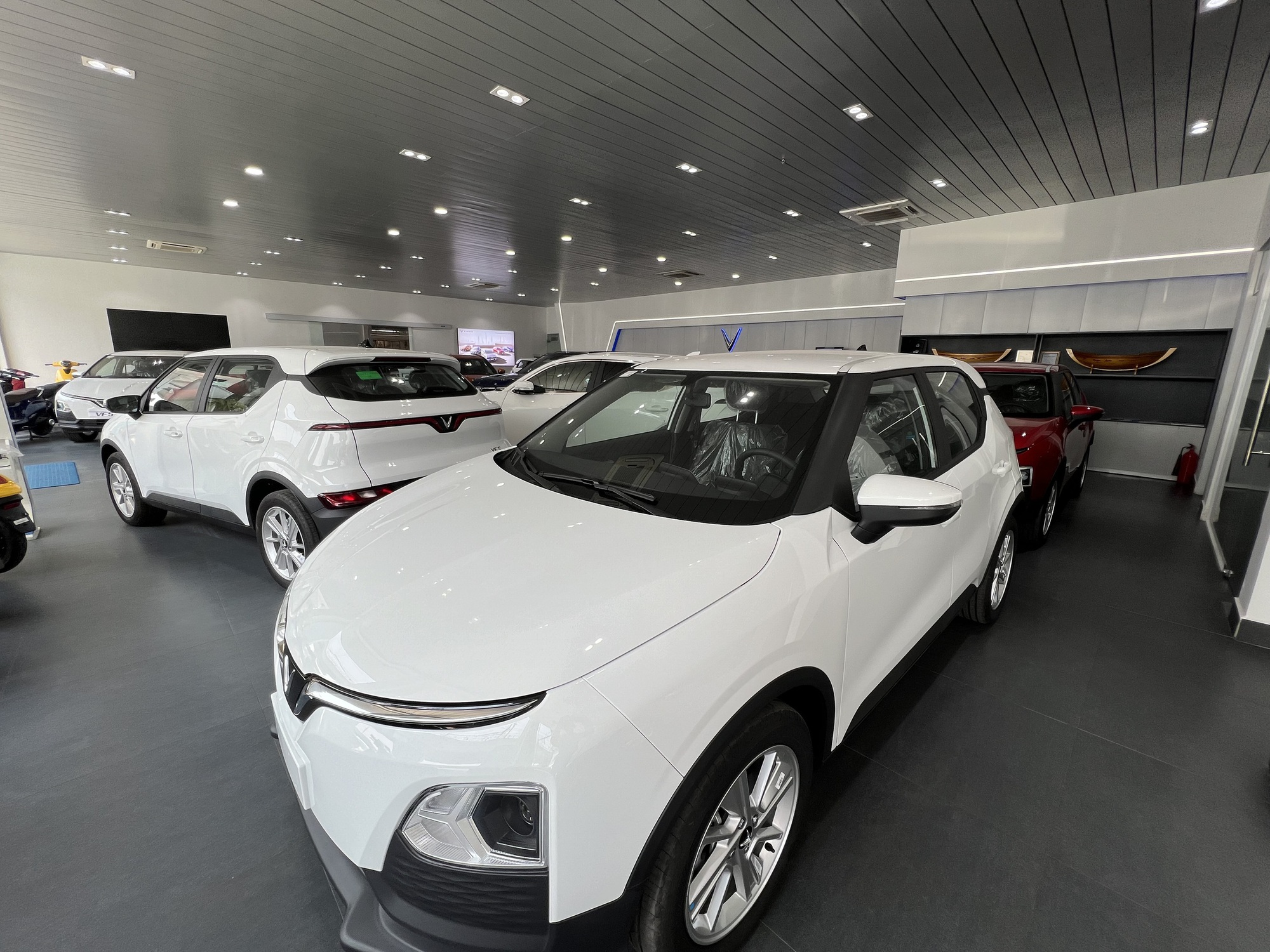Are Insurance Companies Discriminating Against Electric Vehicle Owners?

Electric vehicles (EVs) are gaining popularity around the world due to their environmental benefits and fuel efficiency. However, it seems that some insurance companies are treating EV owners differently when it comes to insurance coverage. This raises concerns among EV owners about the fairness and affordability of insurance policies for their vehicles.
The Cost of Insurance for Electric Vehicles
An increasing number of EV owners in Vietnam have reported that insurance companies charge higher premiums for EVs compared to conventional vehicles. For example, Mr. Minh from Dong Nai shared that when he purchased an insurance package for his electric car, he had to pay additional fees such as a water damage clause, amounting to more than 17 million VND per year. Despite the high cost, Mr. Minh reluctantly chose to pay for the insurance to protect his investment against potential accidents.
On the other hand, some EV owners, like Mr. Nguyen Van Vinh in Ho Chi Minh City, find the insurance premiums for their electric vehicles unaffordable. Mr. Vinh, the owner of an EV model VF8, decided not to purchase insurance due to its excessively high cost. Instead, he plans to drive his vehicle cautiously to save money that would otherwise be spent on insurance.
Insurance Companies’ Perspective
According to our investigation, several insurance companies in Vietnam have not yet introduced insurance coverage specifically tailored for electric cars and motorcycles. These companies believe that the number of EVs on the road is still relatively low, and more time is needed to observe and study the market before providing optimal insurance solutions. Additionally, the high cost of repairing EVs, especially their battery packs, is another reason why insurance companies are hesitant to offer coverage for electric vehicles at this time.
However, some insurance companies, including Quan Doi (MIC), Dau Khi (PVI), Bao hiem Petrolimex (PJICO), and Buu Dien (PTI), do offer insurance packages for electric vehicles. These packages are similar to those for gasoline-powered vehicles but include additional clauses such as water damage coverage and protection for damaged batteries. As a result, the premiums for electric vehicles are higher compared to their gasoline counterparts.
On the other hand, Liberty Insurance does offer coverage for both gasoline-powered and electric vehicles, including hybrid models. However, they have a clause that exempts them from liability for compensating electric vehicle owners in case of battery-related incidents.
Insurance Options for Electric Vehicle Owners
Electric vehicle owners have the option to choose between two types of insurance coverage from Quan Doi Insurance (MIC). The first option is to purchase insurance similar to that for gasoline-powered vehicles, which does not cover the battery pack. In this case, the insurance premium is calculated based on the original vehicle price.
The second option is to opt for comprehensive coverage that includes the battery pack. The premium for this coverage is calculated based on the vehicle price plus an additional 100 million VND. If a battery-related incident occurs, the insurance company will provide compensation, capped at a maximum of 100 million VND.
Conclusion
While the number of electric vehicles on the roads of Vietnam is increasing, insurance companies are still adapting to this new market segment. Some companies have begun offering insurance packages specifically for electric vehicles, while others are taking a wait-and-see approach. The high cost of repairing EVs and the relatively low number of EVs on the road are factors influencing insurance premiums.
Electric vehicle owners should carefully consider their options and choose an insurance package that best suits their needs and budget. As the EV market continues to grow, it is expected that more insurance companies will join in and provide tailored coverage for electric vehicles. Until then, EV owners should stay informed about their insurance options to ensure they have appropriate coverage for their valuable assets.
For more finance and business news, visit Business Today.
